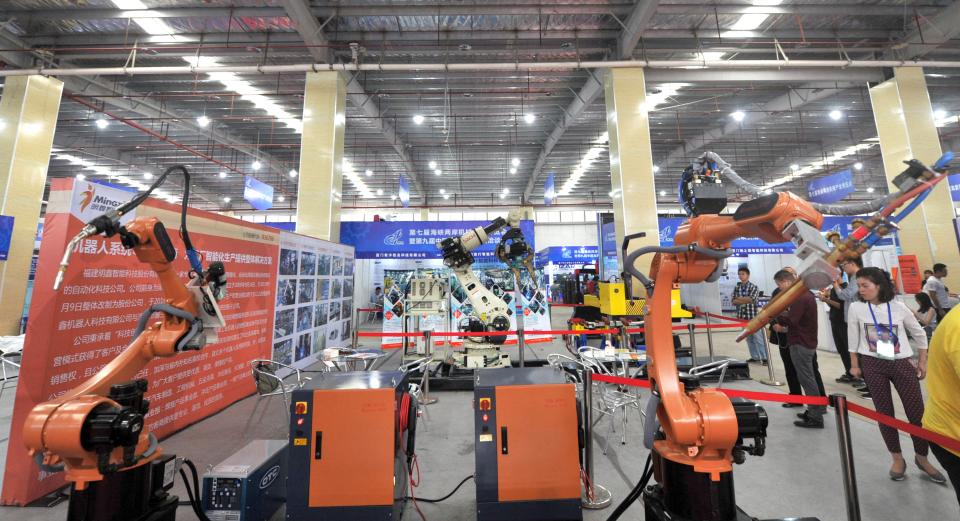As China loses its comparative advantage in manufacturing due to growing labor costs, the country needs to build on its strengths in industries that are primarily driven by the advancement of technology and human capital, said Wang Xiaolu, senior researcher at the China Reform Foundation.
The dilemma of China’s manufacturing sector is characterized by a shortage of skilled workers and technicians, as well as capable educators, Wang said. The government has been reliant on fixed asset investment for growth, yet failed to realize what generates fortune is creative personnel, not these oversupplied capacities, Wang said.
What needs to be urgently done is thus a reform of education, Wang noted. It primarily requires the country’s education system to be transformed from an administration official-led structure to one managed by experts and professionals who understand education, Wang said. Schools need to be given greater autonomy to make their own decisions, he said, and private education should also be encouraged.
The government should also work to alter the public perception that traditionally views vocational education as inferior to the regular theory-oriented higher education, Wang suggested. It could be done by applying the country’s “key university” scheme, which directs government investments to a selection of well-performing academic institutions, to the sphere of vocational education, Wang said. Meanwhile, he suggested, more media exposure could be given to technicians to project a more respectable social image.
These efforts should be also coupled with a series of other structural reforms, Wang said. For example, a complete legal system for the protection of intellectual property is needed to make sure that companies won’t have their R&D achievements easily stolen.
While assessing companies’ applications for subsidies and tax preferences, Wang suggested, the government ought to select projects that cater to a clear market demand and have foreseeable returns, so as to shun those that fiddle government support.

 Old Version
Old Version